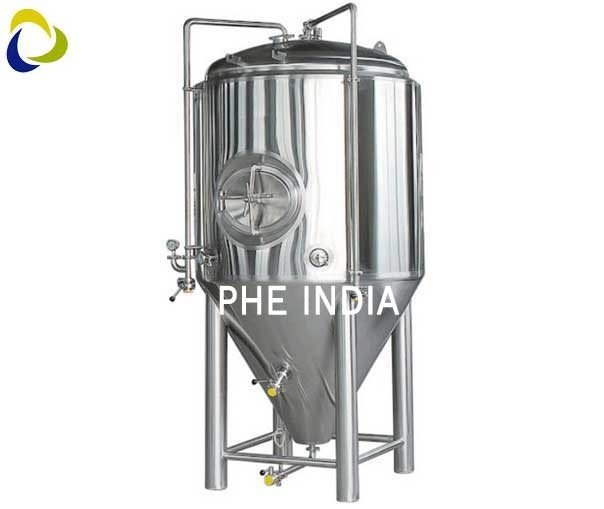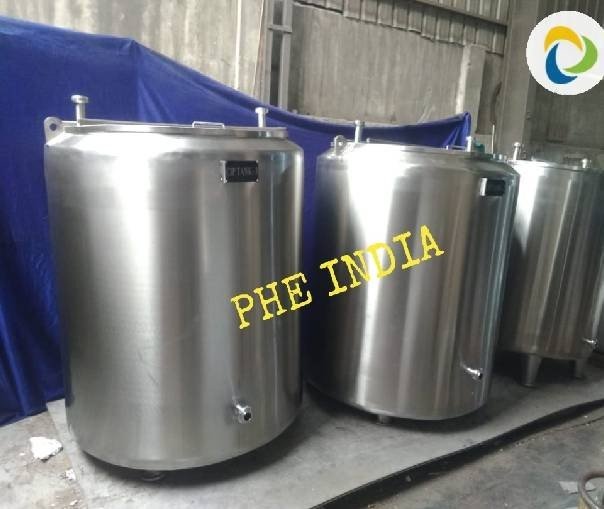views
Environmentally friendly textiles have received an uptick globally with designers, entrepreneurs, venture capitalists and other stakeholders gearing up to boost their synthetic leather industry profiles. As consumers become more conscious about sustainability, manufacturers are likely to take a giant stride in making ethical choices. Synthetic leather tends to have less impact pertaining to GHG, depletion of fossil fuels, water used for production and animal abuse. Moreover, the application of solvent-free polyurethane and polyolefin heat shrinkable elastomer resins has played a pivotal role in minimizing volatile organic compounds.
The synthetic material has gained ground to be refurbished, repaired, repurposed and recycled. Lately, artificial leather has come on the horizon to play a pivotal role in reducing plastic, using organic waste and reducing environmental impact. Besides, the use of vegan leather has amassed popularity, partly due to the soaring awareness on sustainability. Prominently, environmental concerns pertaining to leather production have encouraged stakeholders to partake in ESG strategies. Stakeholders, including manufacturers, brands, suppliers and investors are expected to bank on sustainable solutions, including the use of high-grade artificial leathers stemming from non-toxic dyes and recycled polyester.
Environmental Perspective
The need to create sustainable leather has added a fillip to the prospect of synthetic materials. Stakeholders have prioritized the significance of zero discharge of hazardous chemicals amidst a global push to contain pollution. Companies of all sizes and sectors have realized the need to foster their sustainability portfolio and live up to ESG responsibilities. To illustrate, Smit & Zoon aims to create an environmentally and socially sustainable leather supply chain by 2025. The company is gearing to develop innovative leather-making processes and chemistry to boost circularity by 2025. It has also used Gold Standard Verified Emission Reductions certification program to further its environmental profile. The Netherlands-based company has updated its Product Passport and adopted wastewater guidelines, Life Cycle Assessments, compostability, biodegradability and circularity.
Forward-looking companies have shown an increased inclination for bio-based polyurethane that provides a notable bio-based carbon content and minimizes CO2 emissions. Besides, vegan leather has become a beacon of growth and innovation. In essence, a soaring number of vegan materials could be a vital cog in saving products and reducing waste from landfill. The expanding applications of vegan leather products from repurposed and reused materials are expected to help reduce landfill waste. Moreover, artificial leathers in cars have witnessed profound growth as companies strive to adopt natural ingredients. Synthetic materials could be an invaluable addition to upgrading vehicles with automakers emphasizing the use of sustainable materials. Prominently, Tesla uses vegan leather as its supplier Ultrafabrics asserts it can replace animal leather. At a time when the auto sector has become one of the largest consumers of artificial material, synthetic leather could be a game changer in cabin upholstery and car seats.
Is your business one of participants to the Global Synthetic Leather Industry? Contact us for focused consultation around ESG Investing, and help you build sustainable business practices.
Social Perspective
The year 2023 and beyond could observe an unprecedented rise to strengthen healthy and safe workplaces and minimize employee turnover. Organizations are gearing up to boost people’s well-being and mental health through the adoption of bullish policies, training and certification to ensure the safety of employees. For instance, Stahl introduced the Road to Zero (R20) program to emphasize the integration of safety into the company’s culture and zero-tolerance policy on unsafe behavior. The company is also committed to do away with the restricted substances in the value chain. It has made a significant stride in chemical safety in Bangladesh. Solidaridad alluded to a collaboration with Stahl in Bangladesh in its 2021 Annual Report. The partnership saw them initiate sustainable practices in the industry in India and Bangladesh. The Dutch NGO kicked off a new project and claims to have covered around 80% of the leather clusters in India.
Stakeholders have also vouched for the training and development of leather technicians and designers and the hiring of young and talented workforce. The onslaught of the COVID-19 pandemic compelled in-person training to take a backseat. During 2021, Stahl provided access to online training through an e-learning catalog and upped investments in cybersecurity, compliance and growth of soft skills. In 2021, it finalized the Automotive Leather Finishing Post Graduate Certificate course for some of the students and postponed it to 2022 for those who could not attend owing to travel restrictions. During the year, the company claims over 2,000 people from around 150 organizations attended Stahl Campus training courses.
Governance Perspective
The tailwinds for a sound corporate governance system have encouraged investors and other stakeholders to count on fair management and improved corporate value. For instance, Kuraray has formed corporate governance functions under the aegis of its BoD and Board of Corporate Auditors to boost the monitoring functions and effectiveness of supervisory. The board of corporate auditors comprises 5 auditors, with at least three of them being independent outside corporate auditors and one female corporate auditor. The company has also formed the Corporate Advisory Committee consisting of outside experts and officers to bolster its governance portfolio.
Leading players are reinforcing the need to focus on labor and human rights, sustainable procurement and ethics. Smit & Zoon addressed the UNG SDG goals 6,8,12,13,17 and materiality matrix facets, such as water & effluents, occupational health & safety, anti-corruption, environmental compliance, water & effluents, customer health & safety and energy. Additionally, Responsive Industries took a giant leap to foster workplace safety for women. The company noted in its Annual Report 2022 that it laid down Internal Complaints Committee for redressal of sexual harassment of female employees at workplace. It has also introduced a system that will help employees and directors to report issues regarding suspected or actual fraud, unethical behavior and violations of the company’s code of conduct and ethics.
With synthetic leather-related products garnering notable demand, there are challenges and opportunities for stakeholders to embrace ESG goals. To illustrate, Stahl inferred that around 90.23% of its employees had a permanent contract in 2021. Meanwhile, in July 2022, Sage-ONF rolled out silicone synthetic leather in China. It will help to keep up with the demand for mobility interior, thereby boosting sustainability commitments through the petroleum-free and non-carbon-based solution. These trends complement the valuation of the global synthetic leather market at USD 36.24 billion in 2022. Well-established players will strive to underpin their core competencies and offer products that will propel ESG performance.
About Astra – ESG Solutions By Grand View Research
Astra is the Environmental, Social, and Governance (ESG) arm of Grand View Research Inc. – a global market research publishing & management consulting firm.
Astra offers comprehensive ESG thematic assessment & scores across diverse impact & socially responsible investment topics, including both public and private companies along with intuitive dashboards. Our ESG solutions are powered by robust fundamental & alternative information. Astra specializes in consulting services that equip corporates and the investment community with the in-depth ESG research and actionable insight they need to support their bottom lines and their values. We have supported our clients across diverse ESG consulting projects & advisory services, including climate strategies & assessment, ESG benchmarking, stakeholder engagement programs, active ownership, developing ESG investment strategies, ESG data services, build corporate sustainability reports. Astra team includes a pool of industry experts and ESG enthusiasts who possess extensive end-end ESG research and consulting experience at a global level.
For more ESG Thematic reports, please visit Astra ESG Solutions, powered by Grand View Research












Comments
0 comment